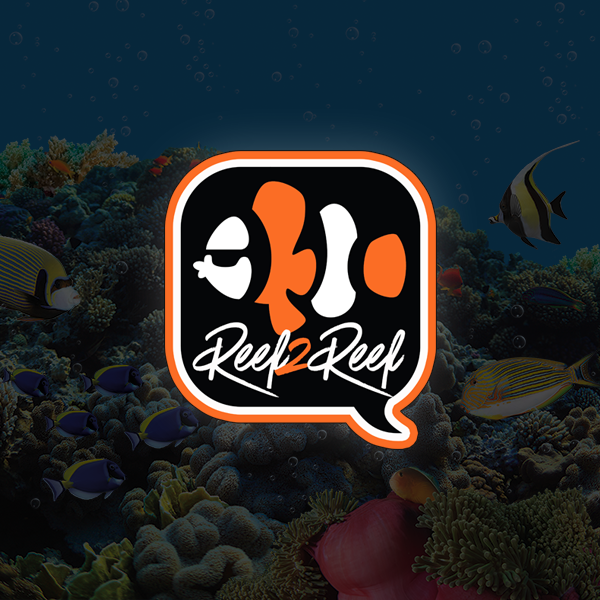Regarding the dosing all at once - my experience is I can see a dip in my P03 and N03 when I dose. Do you not see a 'shock' to the system with putting the dosage in all at once?
I was at 1.9ml a day 2-3 times a day (which is a tiny amount) - but even then I could see fluctations sometimes driving my P04 to 0
I was at 1.9ml a day 2-3 times a day (which is a tiny amount) - but even then I could see fluctations sometimes driving my P04 to 0





















